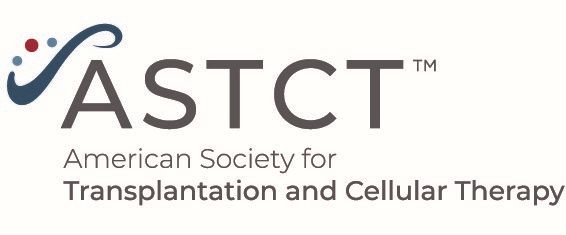
Mesenchymal stromal cells with chimeric antigen receptors for enhanced immunosuppression

Researchers at the Mayo Clinic have found that mesenchymal stromal cells engineered with chimeric antigen receptors can enhance immunosuppression in the context of immune-related disorders.
Researchers at the Mayo Clinic have found that mesenchymal stromal cells (MSCs) engineered with chimeric antigen receptors (CARs) can enhance immunosuppression in the context of immune-related disorders. These genetically modified CAR-MSCs exhibit increased immunosuppressive capabilities and improved targeting of inflamed tissues, making them a promising therapy for conditions such as graft-versus-host disease (GVHD).
MSCs are multipotent cells known for their ability to regulate immune responses and aid tissue repair. Pre-clinical data has shown promise for MSCs in immune-mediated diseases such as sepsis, asthma, and inflammatory bowel disease. Conversely, their inconsistent efficacy in clinical trials has prompted the development of CAR technology to improve overall performance. By introducing CARs targeting E-cadherin (ECCAR-MSCs), a protein found in inflamed tissues, the authors of this study have enhanced the MSCs' ability to localize and suppress immune activity precisely where it is most detrimental.
The authors show that CAR-MSCs can enhance immunosuppressive functions upon antigen-specific stimulation. Specifically, the addition of a CD28ζ signalling domain to the CAR construct resulted in a measurable increase in the anti-inflammatory cytokine IL-10 by up to 300% compared to unstimulated controls. Similarly, the expression of the inhibitory receptor CTLA-4 was upregulated by approximately 250% in ECCAR-MSCs following antigen-specific activation. This potent upregulation directly correlated with a significant reduction in T-cell proliferation, where T-cell activity was suppressed by over 70% in cultures treated with ECCAR-MSCs compared to those with UTD-MSCs. Moreover, by using specific biomarkers, enhanced T-cell suppression was observable as early as 24 hours post co-culture. The upregulation of inhibitory molecules and the secretion of cytokines not only validate the engineered CAR's functionality but also highlights its potential to improve therapeutic outcomes in inflammatory and autoimmune diseases. These quantitative enhancements signify a major advance in the therapeutic use of MSCs, paving the way for clinical applications that require precise modulation of immune responses.
Reference
Sirpilla, O., Sakemura, R.L., Hefazi, M. et al. Mesenchymal stromal cells with chimaeric antigen receptors for enhanced immunosuppression. Nat. Biomed. Eng (2024). https://doi.org/10.1038/s41551-024-01195-6
Newsletter
Stay up to date on recent advances in the multidisciplinary approach to cancer.





































